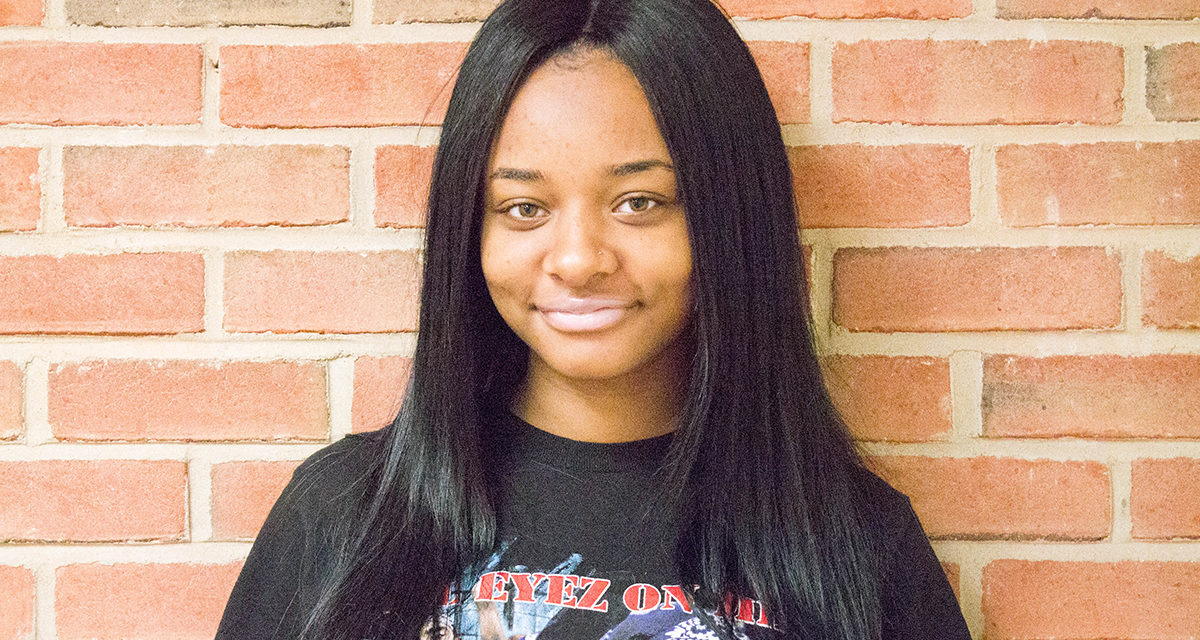“The reason why you’re black is because your mothers rolled you in dirt when you were babies.â€
That’s what my seventh grade art teacher told me and some other students after our behavior frustrated her.
“How could someone relate my brown skin to dirt?†I thought.
When I went to tell a guidance counselor, she told me that words shouldn’t affect how I feel about myself. She told me there was no reason to confront my teacher.
My mother always told me to love everyone the same way Christ loves us regardless of a person’s skin color, circumstance or issue.
I couldn’t understand why my teacher couldn’t do the same.
I think that’s the biggest issue with being black in America – getting told to “get over†situations that have to deal with race, bury the history in the past and move forward.
But the issue of race and racism should be confronted and talked about, including how black people have to change the way we portray ourselves.
It is almost mandatory for black parents to have a talk with their children about being black in America.
We are told we have to work twice as hard as our white peers.
We are told we have to be careful when dealing with white police officers.
We are told we must love our skin and hair regardless of what negative things people may say.
These are some of the facts all Americans need to remember: black people have been oppressed for centuries. For at least 244 years – from the time African slaves were taken from their continent in 1619 to work in the part of North America that would become the U.S., until the 1863 Emancipation Proclamation – when they were freed.
But it’s even more than 244 years.
After 1863, African Americans were legally segregated and not did not have many of the same rights as white Americans for another 100 years.
They were beaten, lynched, thrown in jail, didn’t receive the same education as whites, forced into ghettos and slums, and terrorized. Just for being black.
This is the history I am told to forget about.
This is the history I am told to sweep under the rug.
This is the history my grandmother had to teach me because I didn’t learn about it in school.
This is my history.
“American society made the negro color a stigma,†Dr. Martin Luther King Jr. said in an interview with NBC News in 1967.
King told the same reporter after being asked why blacks were different than other non-natives or immigrants, that just about everyone else came to this country willingly.
They did not come here chained on ships and made into slaves.
He explained that even after the slaves were freed, white Americans gave them no land while they gave away to whites millions of acres of land in the Midwest and the West.
Although America has attempted to move pass these troubled times with the 1954 Brown v. Board of Education, which outlawed segregation in schools, and the Civil Rights Act of 1964, which ended legal segregation, the battle did not end there.
Today racism has become this big black hole scary to look at, think about or talk about – but it still exists.
I don’t think racism is as blatant as in was in the 1960s and the three and a half centuries before, but it is here and it needs to be discussed, not in an argumentative way but in a rational and understanding way so we can move forward as a nation.
But it’s not just a one-way street.
I think black people have a big part in changing the way white people see us. It is easier for whites to fear and demonize us because we demonize ourselves.
As a black woman, I think it is necessary for black people to change how we portray ourselves in the media and in our day-to-day lives. Many times we paint ourselves in a way that holds us back instead of pushing us forward.
If a white person never met or got to know a black person, and only based his or her views on what they saw on TV or heard in songs, a white person might only think black men are thugs, drug dealers or rappers, and black women nagging bitches and baby mamas. They might think we all came from the ghetto.
Sometimes being black in America is scary and it seems like a burden.
Regardless of the horrible history, I love being black.
I love being a descendant of people who still managed to thrive in a country that seemed determined to keep them down.





